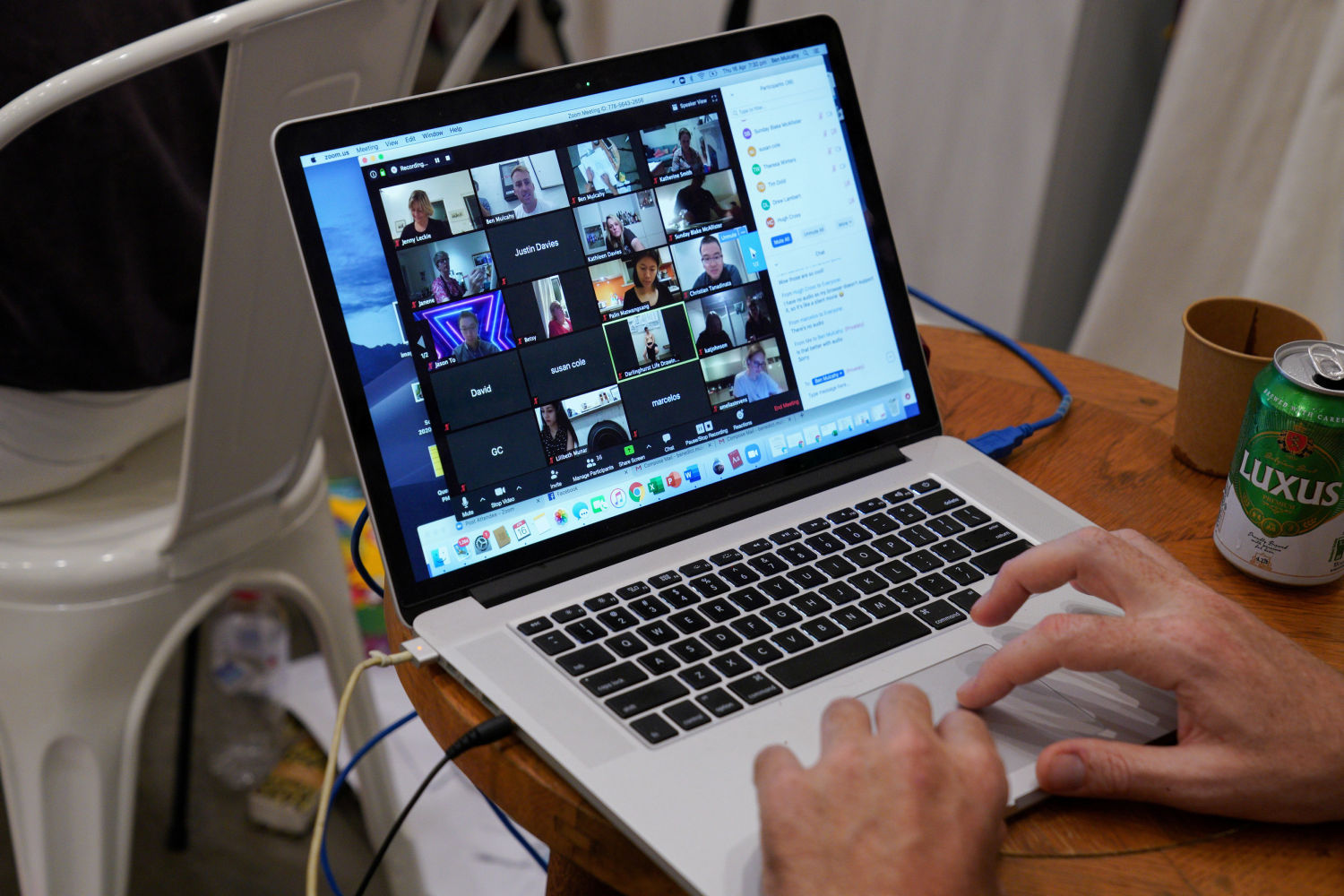Every time you help someone, says Eric Sim, you invest social capital and it will grow over time as the people you help today will become more senior tomorrow and your ‘network will become your net worth’
When I received my first big bonus as a banker, I was excited about spending it, just as you would expect the average 30-year-old to be. And even though I could afford it, it wasn’t a Rolex that I splurged it on but a Timex.
Why? Because I was hoping to achieve financial independence by my early 40s and I knew that this would not happen by accident.
There are three components every investing kit must have: Where do you make the savings? How do you spend? Where do you invest?
Also on AF: Elon Musk joins inflation debate with raw materials tweet
Like most Asian young adults, I too continued to stay with my parents even after finishing my studies and starting my first job. The idea was to save up in order to afford the downpayment for an apartment of my own. Being ‘forced’ to set aside some money each month to pay for a mortgage drove my decision.
Without the money to pay for the downpayment, I would be renting, and the rental goes to landlord, not towards my fixed asset. Owning a property hedges against inflation too.
The second life decision I delayed and which paid off handsomely was the decision to buy a car. I delayed this purchase rather than buying it the moment I could afford it. I don’t believe in taking a car loan as the interest rate of a car loan is much higher than that of a housing loan. I have always paid for my cars in full.
So does it mean life is just about delaying gratification? No! Then what was I spending money on? Social capital and upskilling.
BUILDING RELATIONSHIPS
By social capital I mean the goodwill with people you have accumulated over the years and the relationships you built. It’s a bit like putting money in a bank – every time you help someone, you deposit some social capital. It will grow over time as the people you help today will become more senior tomorrow.
I kept in touch with many of my ex-colleagues. When one of them moved from Citi to UBS Investment Bank, he alerted me about a managing director position that required skillsets that matched mine. To build your social capital, buy lunch, fly to meet your connections, treat people with respect, doesn’t matter if they are junior. When you spend on people, you will be rewarded over the long run. Recently, I began to realise the saying ‘your network is your net worth’ is true.
And staying liquid helps too – by keeping two years of earnings in liquid investments, it allowed me to take risks at my current job, I feel free to speak my mind at work rather than saying things people like to hear. Because of that, I could contribute more and get recognised.
UPSKILLING’S PAY-OFF
The best investment young professionals can make in the early stage of their career is to invest in themselves – upskilling’s pay-off is huge if you have some patience.
One day, my life insurance agent told me he had just attended an ABC course, ‘Awareness Before Change’. It was to train, more like brainwash, insurance agents on how to face rejections and still stay motivated.
I knew this ABC course is what I needed to advance my banking career. I asked my agent to sign me up, and he did. I paid for it out of my own pocket and took leave from work to attend the training. Among the few hundred participants, I was the only one not from the insurance company.
RESILIENT MINDSET
That five-day course changed my life. By the end of the course, I felt I could take on any seemingly impossible task. The resilient mindset I developed helped me sail through the stormy weather during the great financial crisis in 2008 and other turbulent situations during my 20-year banking career.
Still, the most valuable investment I made was in social capital – it landed me the jobs in Citi and UBS without which I would not have the financial capital I have today. It is that lesson that motivated me to keep writing for my LinkedIn followers and offering them career advice.
But don’t be tempted to splurge on luxury goods, the thrill won’t last..
A few finance professionals I know are miserable in their jobs but can’t quit because they are still paying for their exotic cars and expensive renovations of their properties. I am happy with my small Audi and a little garden to care for. I value the freedom to teach and run my own education business.
- Eric Sim is the founder of the Institute of Life. Previously he was MD at UBS Investment and an Adjunct Associate Professor at HKUST.
Read more:
The slow-motion reverse Asian crisis as strength brings weakness
























